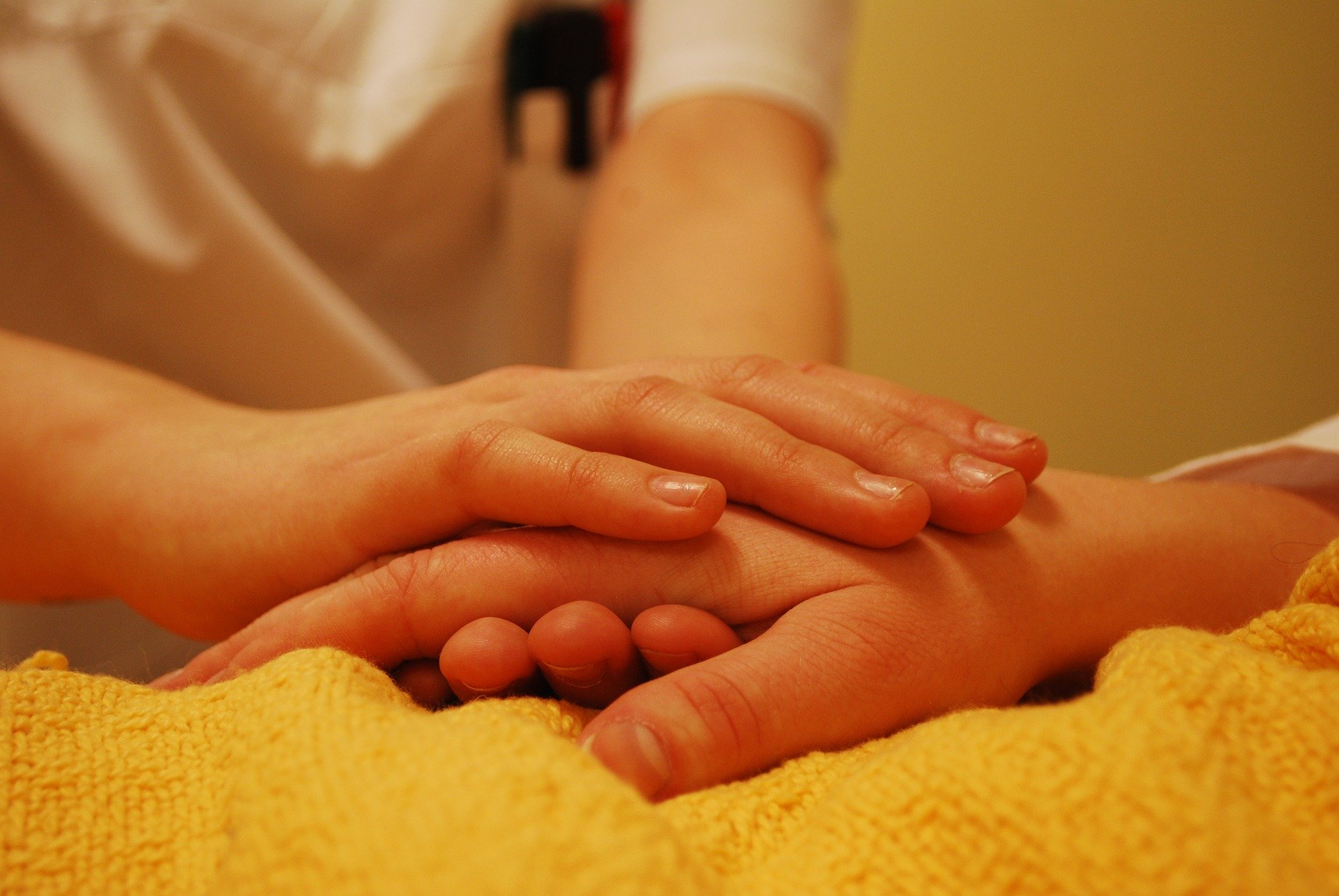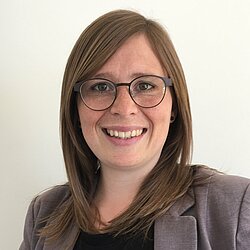Due to limited time and comparative data, patient movement is rarely included in orthopaedic diagnostics and is instead analysed by physiotherapists after the clinic visit. Motion capture systems allow the integration of this into the clinical diagnostic process. Weaknesses of these systems include patient preparation, such as placement of joint markers, and time-consuming manual post-processing. Markerless camera systems offer an alternative for 3D pose recognition by minimising workload (no marker placement, patients in everyday clothes) and are therefore more practical in clinical use. Equipped with kinematics, musculoskeletal simulation software allows the calculation of muscle, joint and ground reaction forces. The interpretation of raw data is a difficult task due to many independent parameters and unknown dependencies. For accurate classification without prior knowledge, machine learning (ML) can help by learning patterns within the data. Biomechanical parameters and gait phases provide clear targets for ML, but clinical correlations between existing conditions and movement need to be developed by the machine itself. This is particularly relevant for the human body, where a large number of mechanical/neurological parameters can simultaneously influence movement.
This project aims at ML-based pattern recognition with a clinical application in the detection of musculoskeletal disorders in patients' gait. It is planned to generate a gait database serving as reference values for the representation of physiological gait behaviour and the detection of atypical and potentially pathological patterns. By linking kinetic and kinematic data with medical history, a subsequent ML module will infer correlations between gait parameters and diagnoses or rehabilitation outcomes. An important task will be to understand the AI's solution process using Explainable AI techniques. This is particularly important in medical applications of AI, as it allows users to infer causal relationships from identified patterns.


